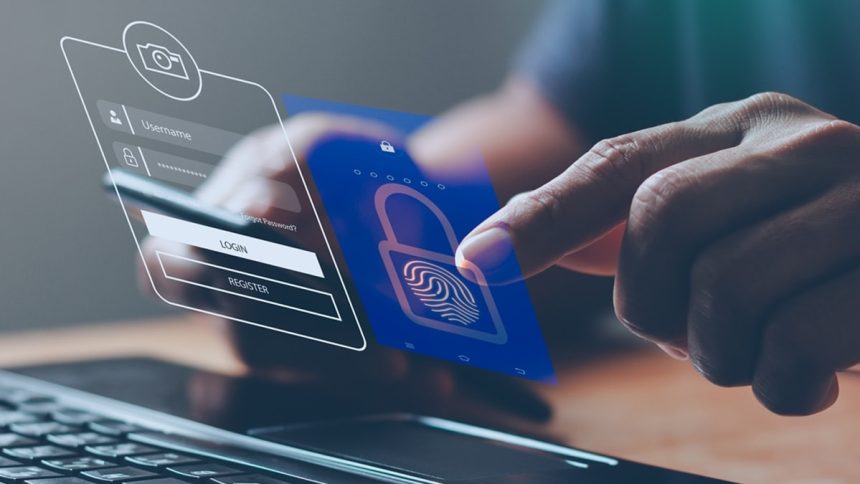Introduction to Biometric Identity Verification
With the surge in technological advancements, the need for secure and reliable identity verification methods is more critical than ever. A biometric identity verification system has emerged as a robust solution, offering numerous benefits to individuals and organizations. Biometric systems, such as fingerprints, facial recognition, iris scans, and voice recognition, offer unique physical or behavioral traits that are highly effective and difficult to spoof. These systems are crucial due to the rise in cyber threats and data breaches, which can expose sensitive personal and financial information. By leveraging the uniqueness of biometric traits, companies may reduce these risks by ensuring that only authorized users have access to secured systems and data.
Enhanced Security
One of the primary benefits of biometric identity verification systems is enhanced security. Since biometric characteristics like fingerprints, face recognition, and iris scans are exclusive to each person, it is tough for unauthorized users to obtain access by using credentials that have been stolen or falsified. According to a report by Statista, there were over 1,000 data breaches in 2020 alone, emphasizing the urgent need for more secure verification methods. Biometrics rely on immutable features that are hard to duplicate or distribute, yet traditional verification techniques like passwords and PINs are susceptible to theft and hacking. This added layer of security is invaluable in protecting against unauthorized access and ensuring that sensitive information remains secure.
Improved User Experience
Biometric identity verification systems simplify the user experience by eliminating the need for passwords and PINs. They allow users to quickly and conveniently authenticate their identity with a simple scan or touch, making them particularly beneficial in industries like banking and finance. The seamless user experience lowers the cognitive burden of remembering several passwords and increases customer satisfaction. Biometric systems can also be integrated with mobile devices, providing seamless and secure service access. This level of convenience and security may provide companies looking to draw in and keep consumers with a competitive edge.
Reduced Fraud and Identity Theft
In our digital era, identity theft, and fraud are serious threats. Biometric systems significantly reduce these risks by relying on individual-specific traits that are difficult to replicate. The FBI provides extensive information on how identity theft occurs and how biometric technologies can play a crucial role in mitigating these threats. By incorporating biometric verification, businesses can more effectively protect sensitive information and reduce potential losses due to fraud.
For instance, biometric verification can prevent unauthorized transactions by ensuring only the account holder can access their financial accounts. This level of security can deter potential fraudsters and provide peace of mind to customers concerned about the safety of their personal information. In healthcare, biometric verification can ensure that personal health records are accessible only to authorized individuals, thus protecting patient privacy and complying with regulatory requirements.
Cost-Effectiveness Over Time
Biometric technologies may need a more significant initial investment than conventional techniques, but they provide more affordable advantages over time. Reduced fraud, fewer password resets, and less need for physical security measures translate into significant business cost savings. Over time, these savings can far outweigh the initial setup costs, providing a solid return on investment.
Additionally, biometric systems can reduce the operational costs associated with managing and securing traditional authentication methods. For instance, businesses can save on issuing and replacing physical ID cards or managing extensive password reset requests. Combined with the heightened security framework, these operational efficiencies position biometric systems as a sustainable and economically advantageous solution for modern businesses.
Regulatory Compliance
Biometric systems are crucial in industries like healthcare and finance, where protecting sensitive information is essential. They provide accurate and secure identity authentication methods, ensuring only authorized professionals can access patient records. This helps businesses avoid penalties and maintain their reputations. For example, healthcare providers must follow HIPAA requirements to guarantee that authorized personnel only access patient records. Financial institutions must adhere to KYC guidelines to prevent fraud and money laundering. Implementing biometric verification efficiently and effectively helps these institutions meet regulatory requirements.
Increased Operational Efficiency
Biometric systems automate identity verification, enhancing operational efficiency and enabling staff to concentrate on meaningful work. This is especially beneficial in customer service industries, where quick and accurate service is crucial. Bank tellers can quickly verify customer identities through facial scans, enhancing transaction speed and customer satisfaction. Biometric systems also streamline processes like employee attendance tracking and secure access to company resources. Automated identity verification reduces human error, creates smoother workflows, and increases productivity, allowing businesses to allocate resources more effectively.
Lynn Martelli is an editor at Readability. She received her MFA in Creative Writing from Antioch University and has worked as an editor for over 10 years. Lynn has edited a wide variety of books, including fiction, non-fiction, memoirs, and more. In her free time, Lynn enjoys reading, writing, and spending time with her family and friends.















